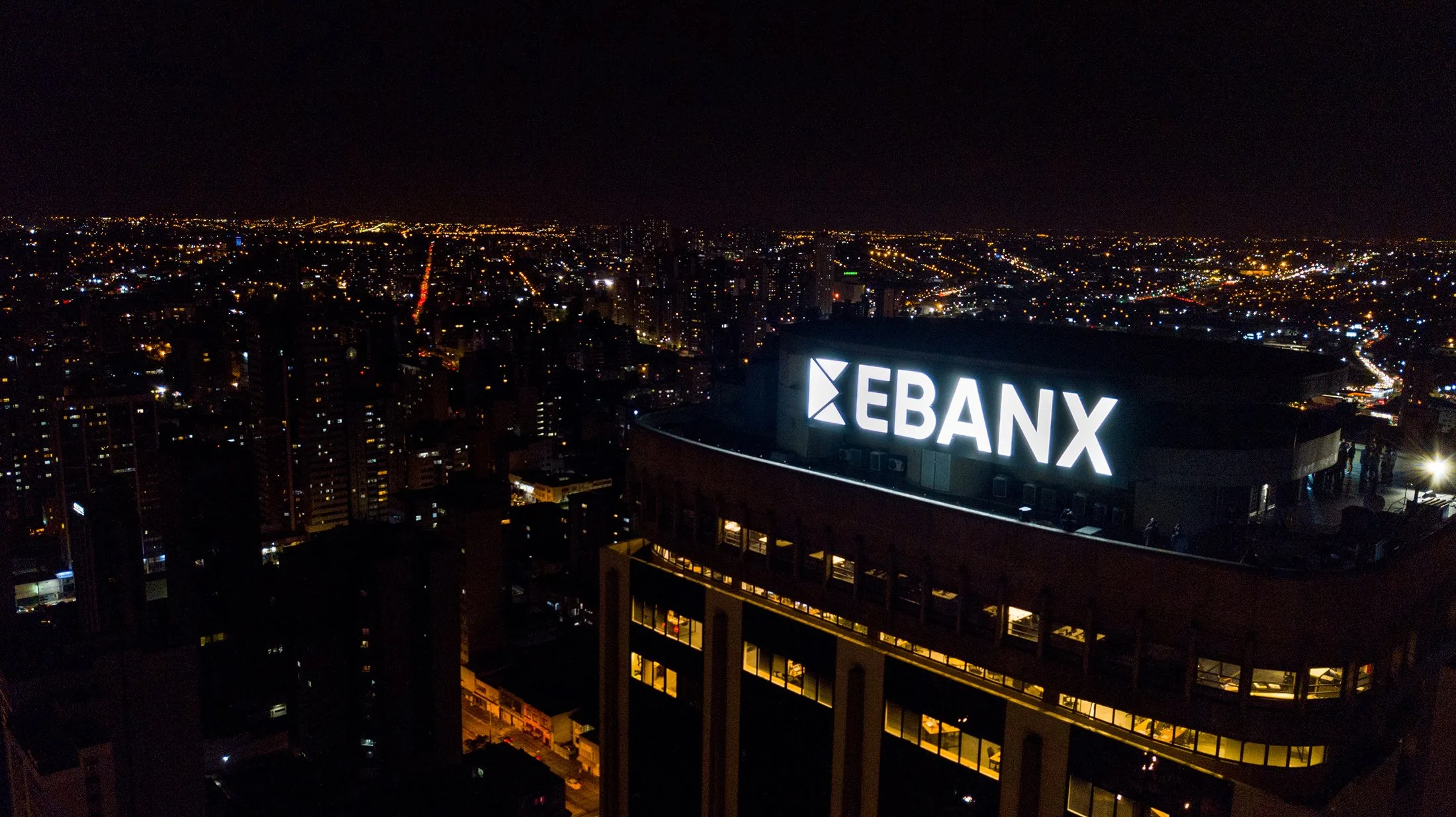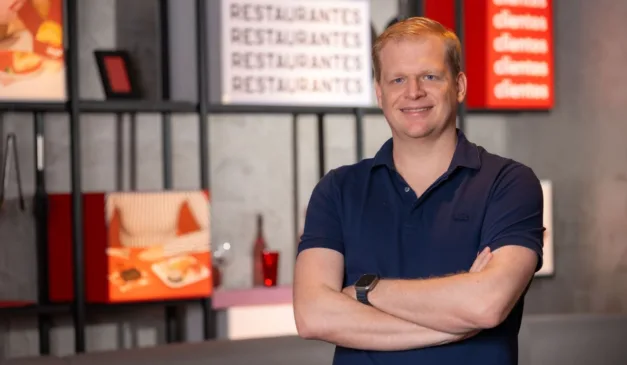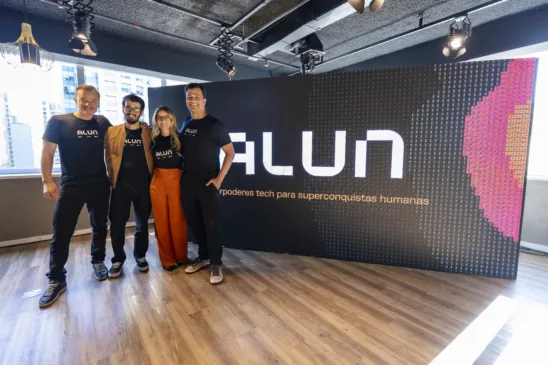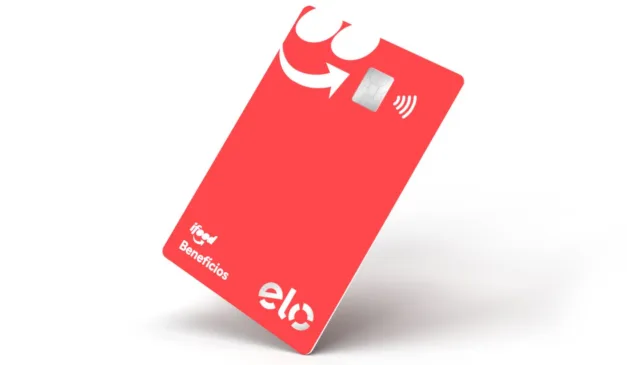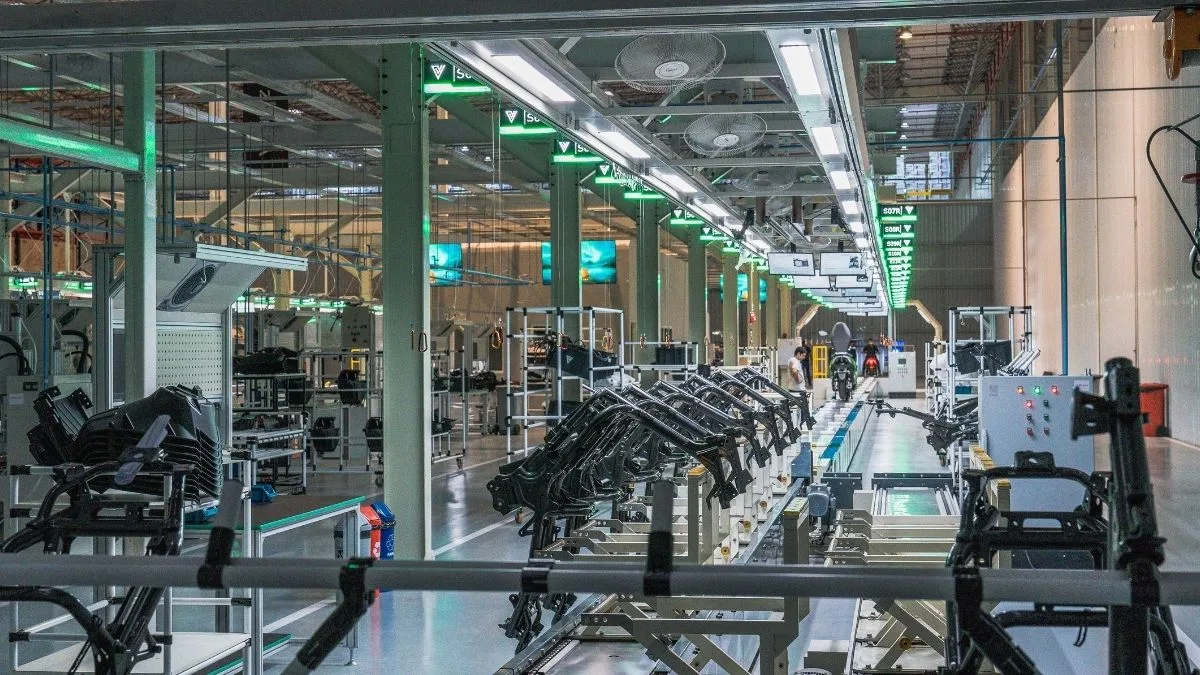
It’s no surprise that Voltz made a multimillion-dollar investment to have its own electric motorcycle factory in the Manaus Free Trade Zone, right next to the Amazon rainforest region in Brazil. The company’s aim is to take advantage of the region’s fiscal benefits and optimize its – until now, rather troubled – pace of manufacturing and product delivery to customers. However, the factory is also a bet on the future: the company wants to be a reference in electric mobility in Brazil, and will invest more to achieve this goal.
To demonstrate how it intends to proceed with that plan, the company promoted a visit to the new plant in the capital of the Amazonas state. The 11,000 square meters plant is equipped with two production lines, of which one will produce the EV1 Sport scooters while the other will be dedicated to the assembly of the EVS street bikes.
But there is space left in the two sheds that make up the factory area, and soon a third line will be added. It will be the production site of the Miles e-tricycle, aimed at the B2B market to serve logistics companies active in the so-called “last mile” space.
The Miles production will start with a large contract: Brazilian gas giant Ultragaz agreed, for an undisclosed amount, the acquisition of 500 tricycles to deliver domestic gas cylinders. The distributor is part of Grupo Ultra, which controls Ipiranga gas station network and invested 5 million Brazilian reais ($1 million) in Voltz last year – another 95 million Brazilian reais ($19 million) was invested by Creditas.
At the factory, a detail that catches the eye is the reduced size of the production lines compared to a traditional manufacturer. According to the plant’s operations director, Adelino Cardoso, building an electric motorcycle comprises a smaller number of steps compared to a combustion engine. “To make one of our bikes, we use less than 100 screws, in total”, said Cardoso, to make a comparison – a conventional bike uses more than 200 screws.
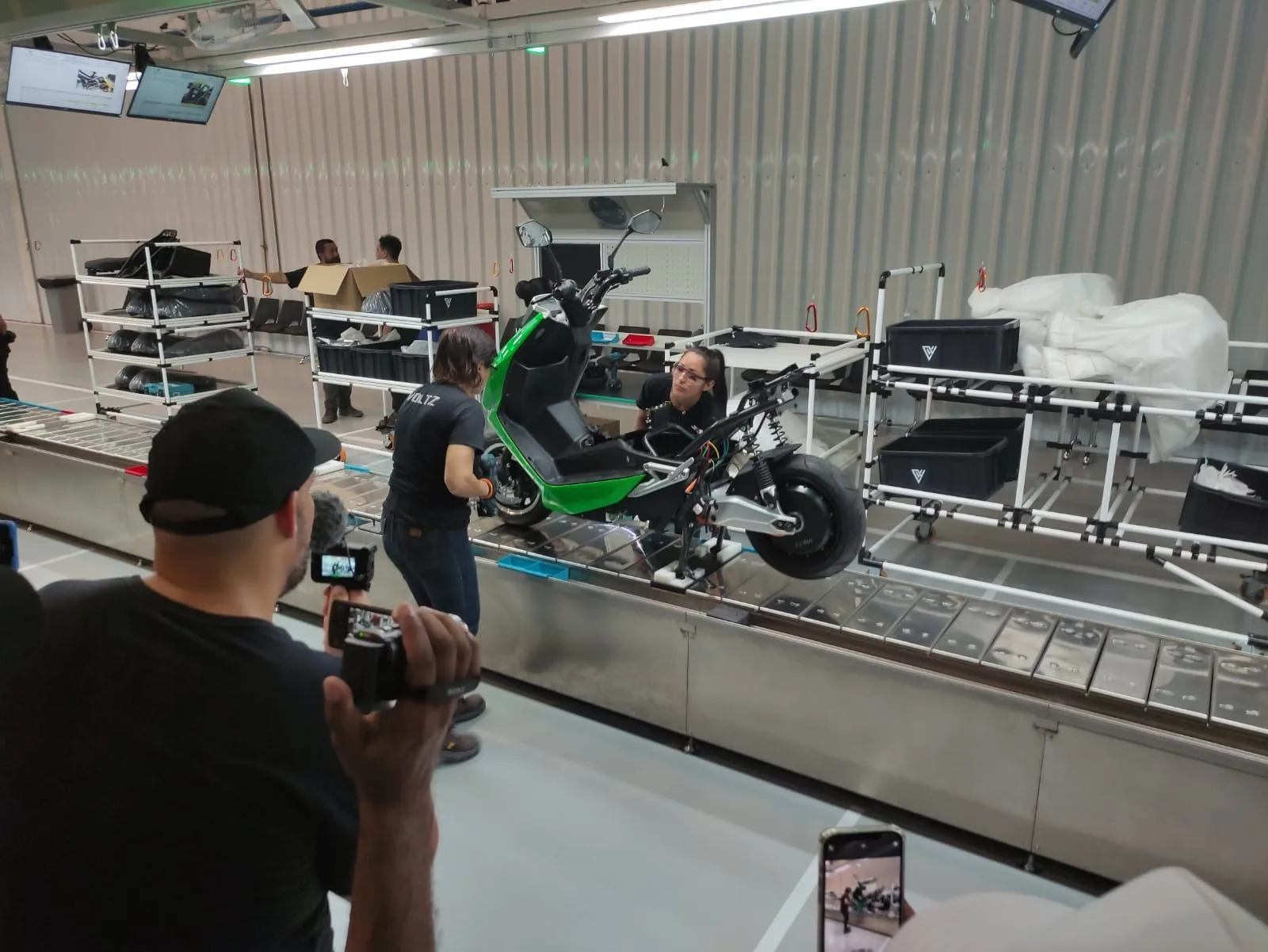
In addition, the lean structure is also reflected in the number of employees. The plant will officially start production on 06/06, with 77 employees and an estimated initial production volume of 800 to 1,000 motorcycles. By the end of the year, the goal is to reach 150 employees and 5,000 motorcycles/month, already reaching one third of the plant’s total production capacity.
Cardoso arrived at Voltz in 2021, with a renowned track record in the two-wheel market. He spent ten years at the helm of the Harley Davidson factory in Manaus, helping to revitalize the brand among national customers during his stint. When he arrived at Voltz, aligned with the vision of the startup’s CEO Renato Villar, the executive spared no effort to bring the most advanced products from the international market to the automaker.
“We apply successful practices from national factories to the equipment and the electric motorcycle manufacturing model, a standard that is not available there”, Cardoso said. When he says “there”, he refers to China, where some of the biggest current competitors in the segment are located.
Not that Chinese technology isn’t present in Voltz’s bikes: several components (including the main one, the battery) are still part of the package. However, the plan to be inserted in the Free Zone in Manaus is to take advantage of the ecosystem to increase the number of nationalized components in the make-up of the bikes, also battery-wise. “There is already a PPB (Basic Productive Process) underway in Manaus for the manufacture of lithium batteries,” he said.
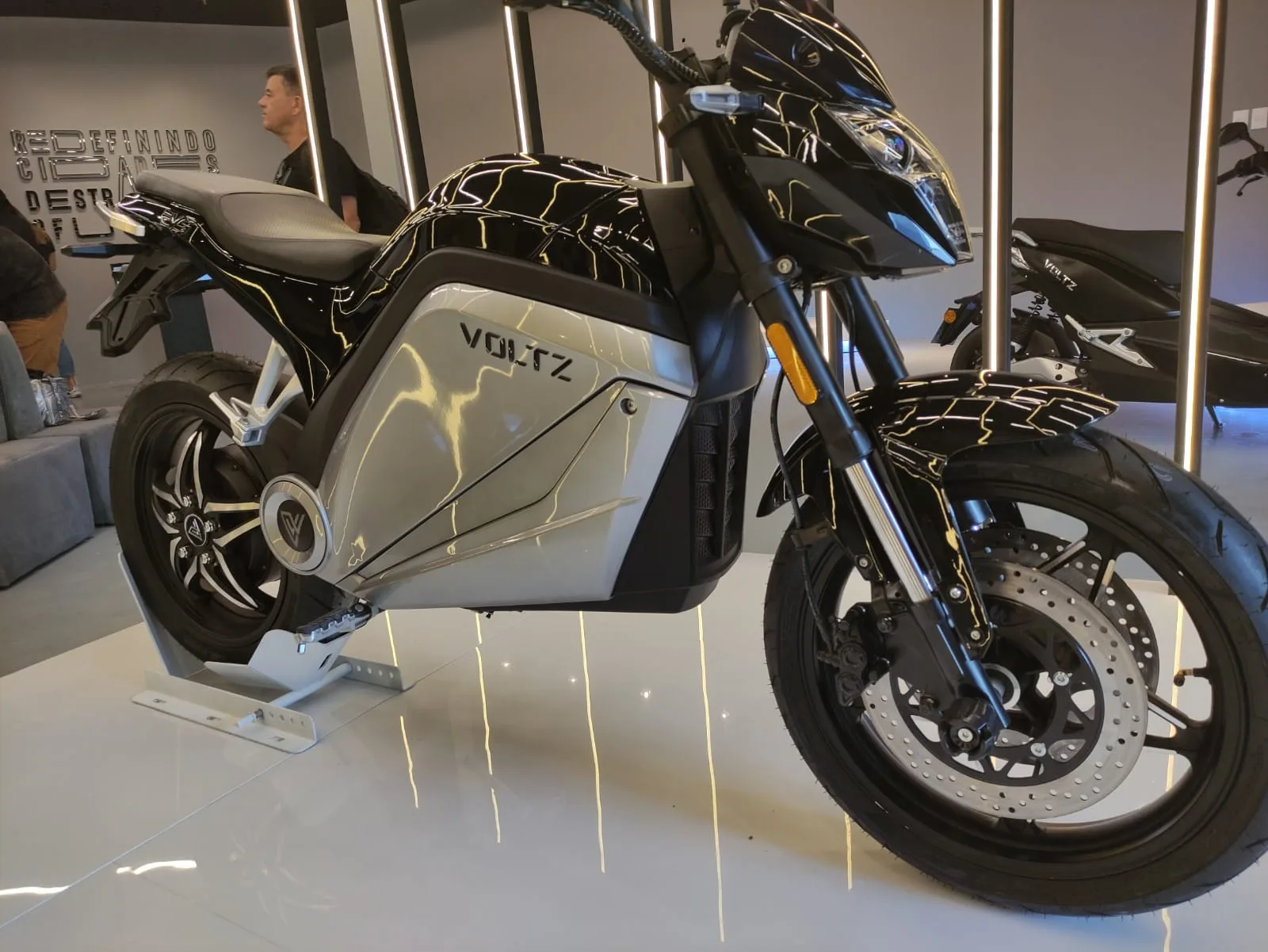
According to Cardoso, the change will help Voltz to maintain competitive prices, avoiding the need to increase prices in the face of high exchange rates. Today an EV1 Sport starts at R$14,900 ($3,120), while the EVS costs at least R$19,900 ($4,160) in its version with a battery.
Catching up before expanding
Voltz’s initial goal of the production in Manaus is to bring the pent-up demand up to date. According to Cardoso, around 8,000 consumers are waiting for an electric motorcycle from the brand, and the goal is to fulfil the orders on the list in the next three to four months.
Voltz had to find a way to operate during the pandemic due to difficulties in the manufacturing and delivery process involved in its business. Faced with complaints from dissatisfied consumers, the firm even disbursed more than 2 million Brazilian reais worth of Uber vouchers to appease those unimpressed with the delays.
According to Manoel Fonseca, partner and marketing director of the company, the struggles were valid for the company to learn from mistakes, including not taking steps larger than its legs in the creation of the factory in Manaus. “We are still amateurs (compared to the big manufacturers), but now we can’t, and we won’t make any more mistakes,” he said.
To achieve this goal, Voltz intends to invest in the construction of a second distribution center in the Southeast region – it already has one in its hometown of Recife. The state for this new site has not yet been chosen, but according to the automaker, Minas is the strongest competitor so far.
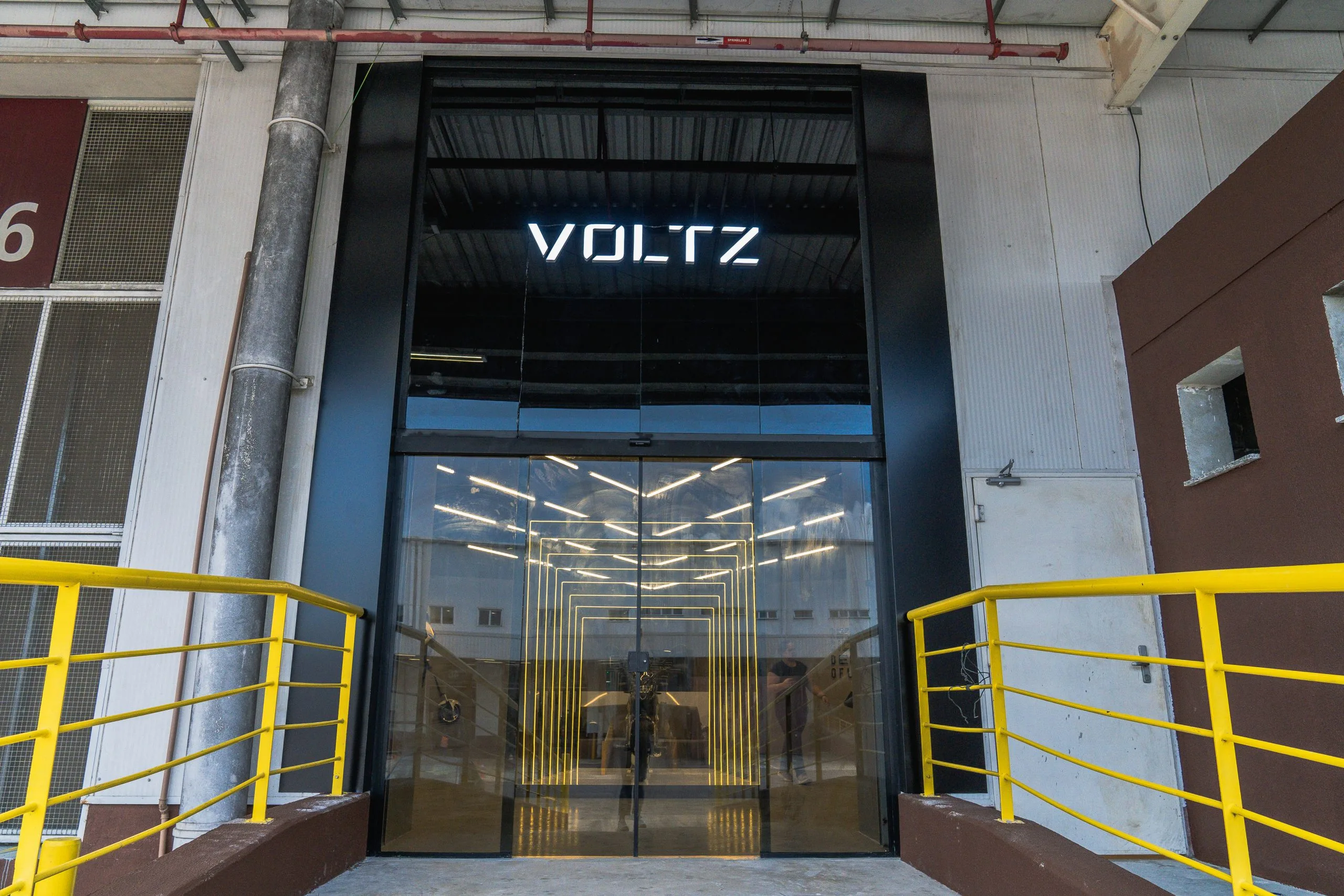
With this structure, the big plan is to be able to sell motorcycles for prompt delivery to pa from October. “We continue to sell within the e-commerce model, but the delivery time will only be the time to dispatch the motorcycle from one of our CDs to the buyer’s house, something from seven to ten days”, Fonsec noteda.
New stores, new bikes
Voltz still has cash in the bank, and according to its marketing director, it will be put to good use. One of the plans is to increase its physical coverage in the country, both in flagship stores in the largest urban centers countrywide, and in pop-up stores in smaller cities with commercial potential for the brand.
By the end of the year, the goal is to have 16 flagships and 100 pop-ups in the Southeast, Northeast, South and Midwest regions – 4 flagships and 25 pop-ups per region. Currently, it already has 9 flagships and 44 pop-ups. To meet this goal, the contribution from last year will be used. “A good R$ 10 million will be invested [in the expansion]”, revealed Fonseca.
Although the executive did not reveal exact values, the executive also highlighted that the company is investing in the development of new models, including unprecedented lines, such as trail and racing. The move will also mark the company’s entry into the higher ticket market. “They will be more expensive and high-performance motorcycles, but when consumers compare them with a Ducati, it will be more affordable”, stated Fonseca.
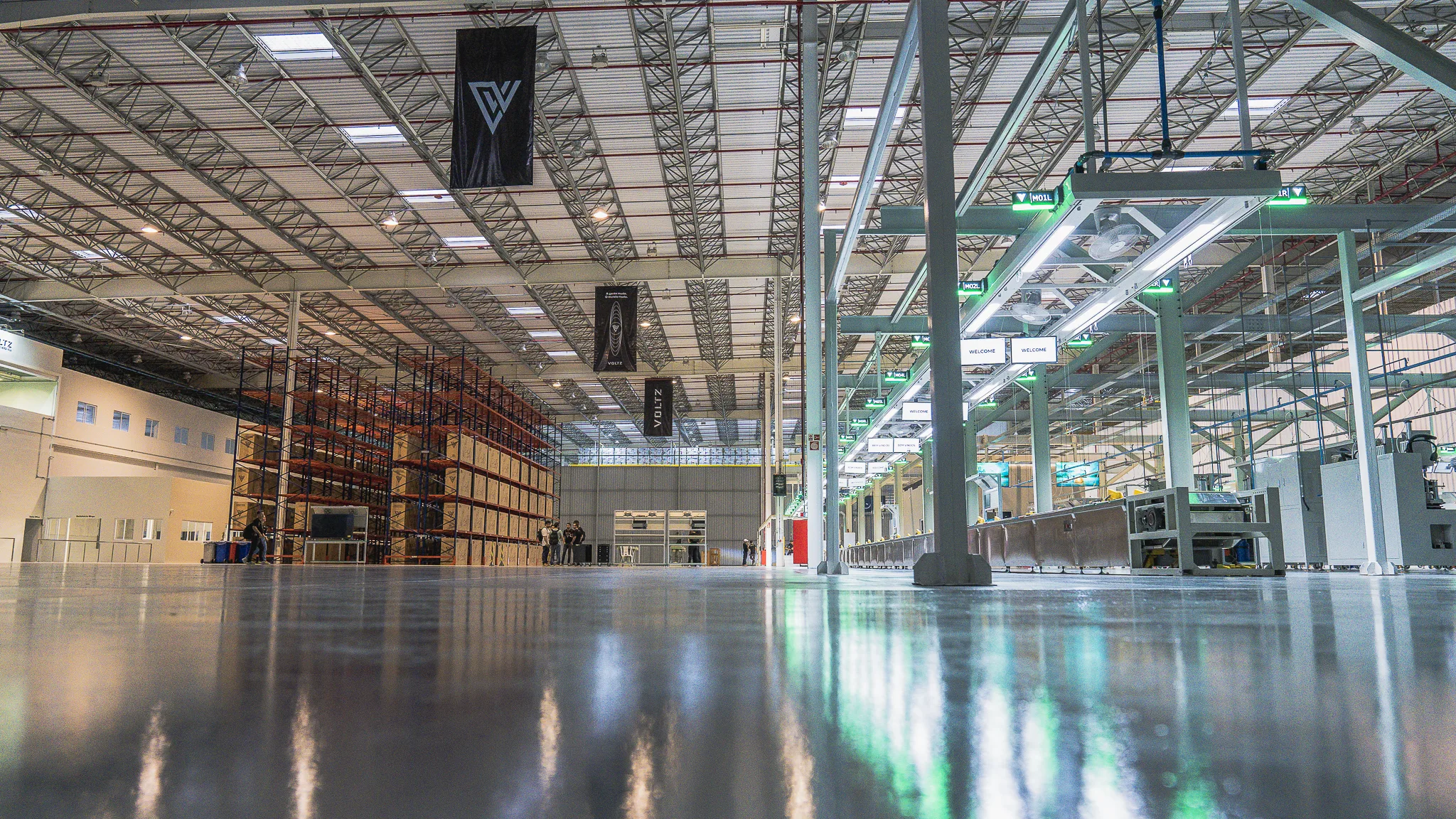
The executive does not detail when these new bikes will hit the market, but revealed that some of them are already in the prototyping phase. However, in October another new product will hit the market: the EV1 Sport scooter will become EV1 Plus, including an entirely new technology suite.
A technology startup
Voltz doesn’t want to be just a plain old manufacturer, but a technology company. That might sound like a tired PR blurb, but the startup is taking steps to fund the positioning. The EV1 Plus illustrates this: the new scooter will be equipped with ADAS (Advanced Driver Assistance Systems) features.
That means the bike will feature cameras and sensors able to scan the bike’s surroundings, detecting when it is in the blind spot of an adjacent driver. The bike will also signal speed limits on a lane, among other driver support features. Starting with the new EV1, all Voltz motorcycles will have this support system in the app used by riders.
In addition, these and other technologies should also be used in the company’s B2B strategy, even entering a collision course with developers of fleet management systems. Asked if this could become an additional revenue model for the automaker, Manoel deflected the conversation, but did not rule out the possibility.
Speaking of revenue model, a bet of the automaker is the Voltz Station, cabinets where riders can quickly change the empty battery of their motorcycle for a charged one, using the Voltz app. The technology was initiated in a pilot with iFood, in which the motoboys had the option to buy the EVS Work model for a reduced price: R$ 9,999 ($2,091).
Why so cheap? The motorcycle was sold without the battery, a component that represents 40% of the total value. It comes with a battery “borrowed” by the manufacturer and can be exchanged at charging stations. To have access to the service, users pay a monthly fee, in plans that vary according to the mileage driven. “It is an alternative that gives practically infinite autonomy to drivers”, Fonseca noted.
According to the marketing director, throughout 2022 the company will invest in the expansion of stations with the Voltz Station. Soon, the option should also be extended to end consumers, including the option to buy motorcycles without a battery. “Our focus is to redefine the future of mobility in the country”, he said.
(The journalist traveled to Manaus as a guest of Voltz)


